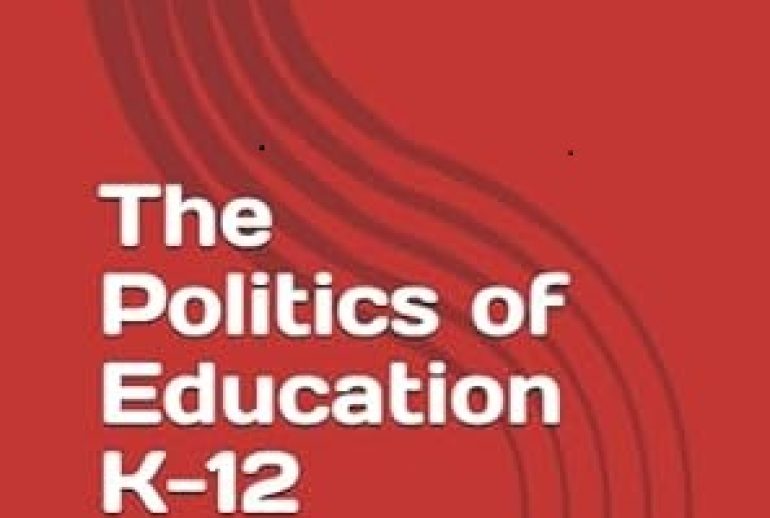The Politics of Education K-12 - Available on Amazon

The Politics of Education K-12
In 1970, author/educator Lonnie Palmer earned a bachelor’s degree in physics and planned to continue on to a Ph.D. program but was interrupted by a notice from the U.S. Government — a draft notice. Knowing his low number would preempt plans to continue his education, Palmer took what he thought was a short-term position teaching high school science — and a reluctant education reformer was born.
“The Politics of Education K-12” is the culmination of Palmer’s 40-plus years working first as a teacher teaching high school physics, AP Physics, chemistry, algebra, geometry, trigonometry and pre-calculus and later as an assistant superintendent and superintendent of schools in urban, suburban and rural districts and eventually as a school district turnaround specialist in New York, North Carolina and Massachusetts.
In “The Politics of Education,” Palmer sheds light on the questions he’s asked most often by members of the public: What are we spending the lion’s share of money on in public education? Why are we not seeing improvements in student achievement? Why do our test scores pale in comparison to other countries? Where can we spend money to effect change and improve performance in U.S. schools?
Within a year of taking that short-term position teaching, Palmer was drafted during the Vietnam War. Twelve hours before he was supposed to be sent to Vietnam, his orders were changed. His four-year degree in physics got him a two-year stint as a Science Research Assistant, calibrating radiation detection devices in the Physics Health and Safety Office at the Edgewood Arsenal in Maryland. When he was honorably discharged after serving his two years in the U.S. Army, Palmer needed a job and returned to the classroom, teaching math and science and eventually becoming a school principal and school superintendent.
Never having considered a career in education before the Vietnam War interrupted his plans to obtain a Ph.D. in physics, Mr. Palmer’s approach to education was different from many of the teachers, administrators and school board members he came in contact with – and in some cases clashed with – during his tenure. The result is “The Politics of Education K-12.”
For more information, call Sheila Carmody at (518) 366-6148.